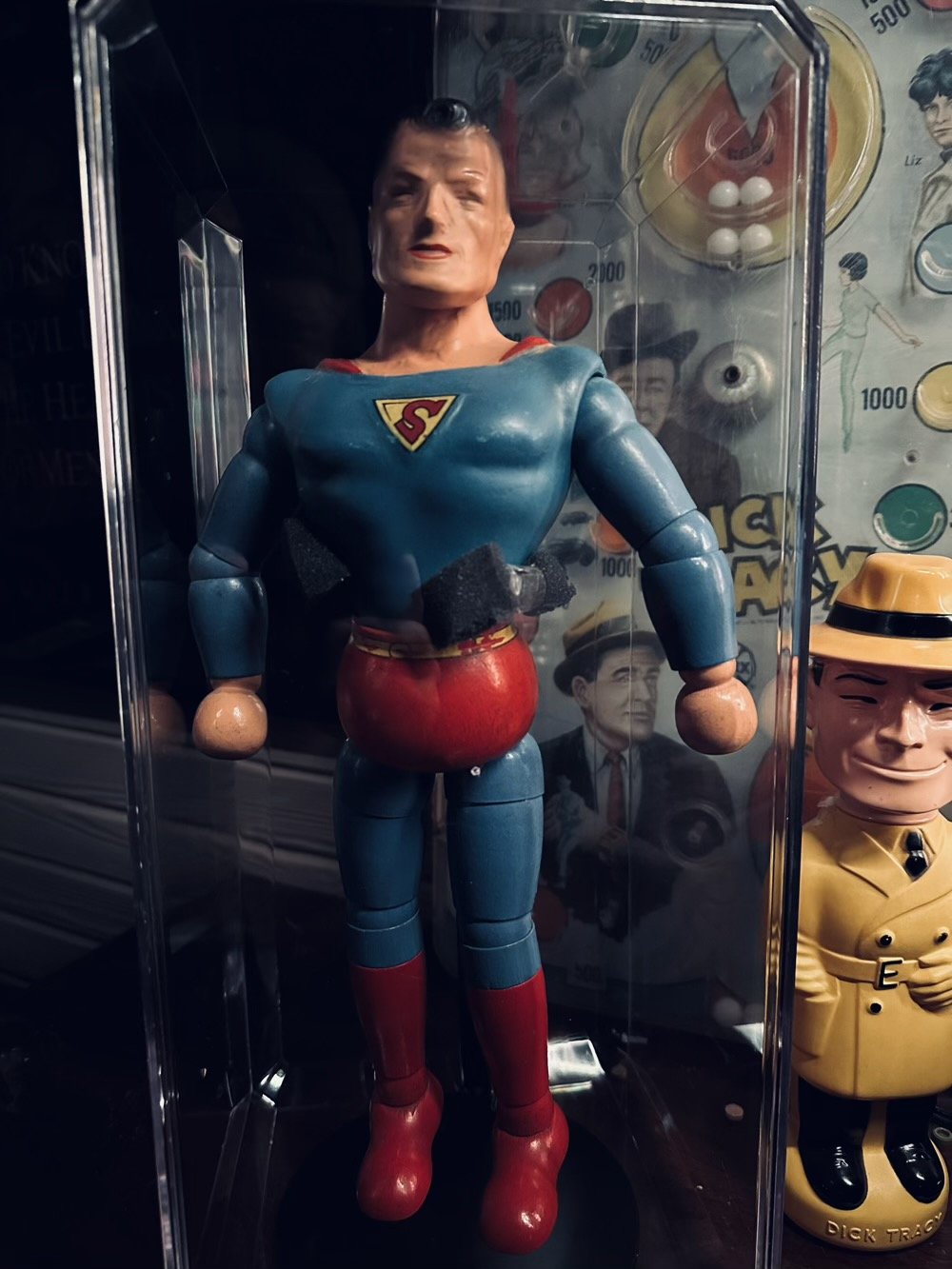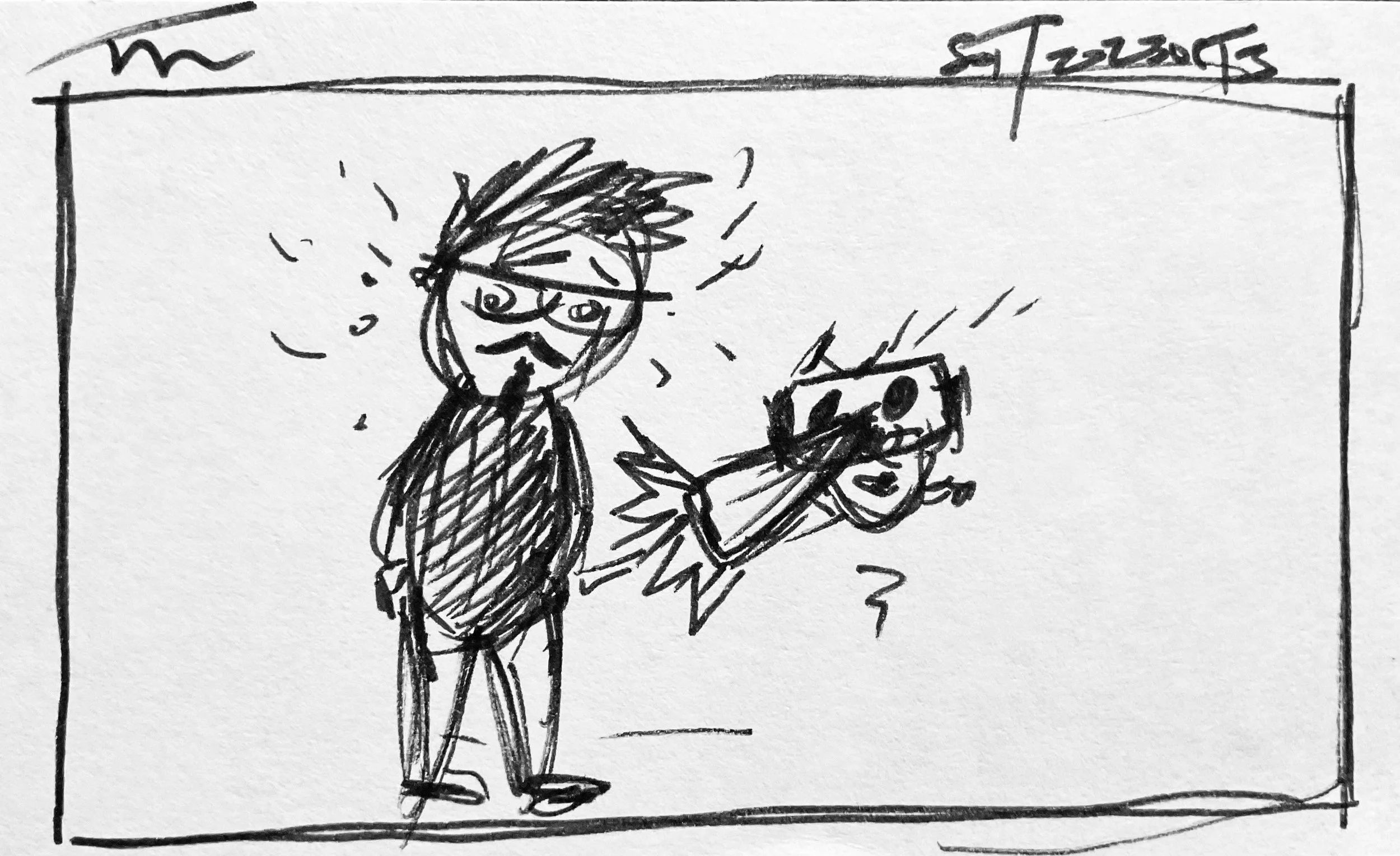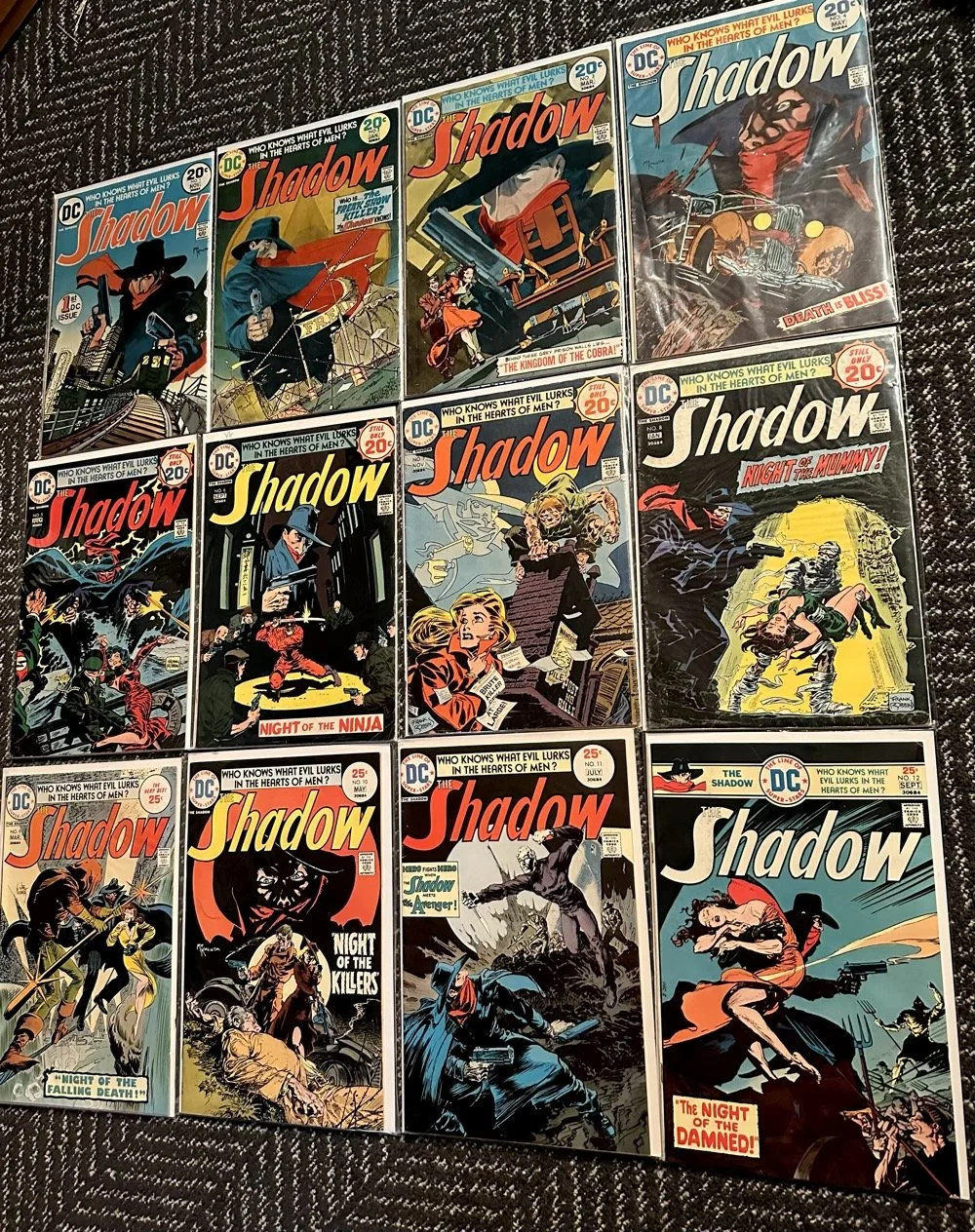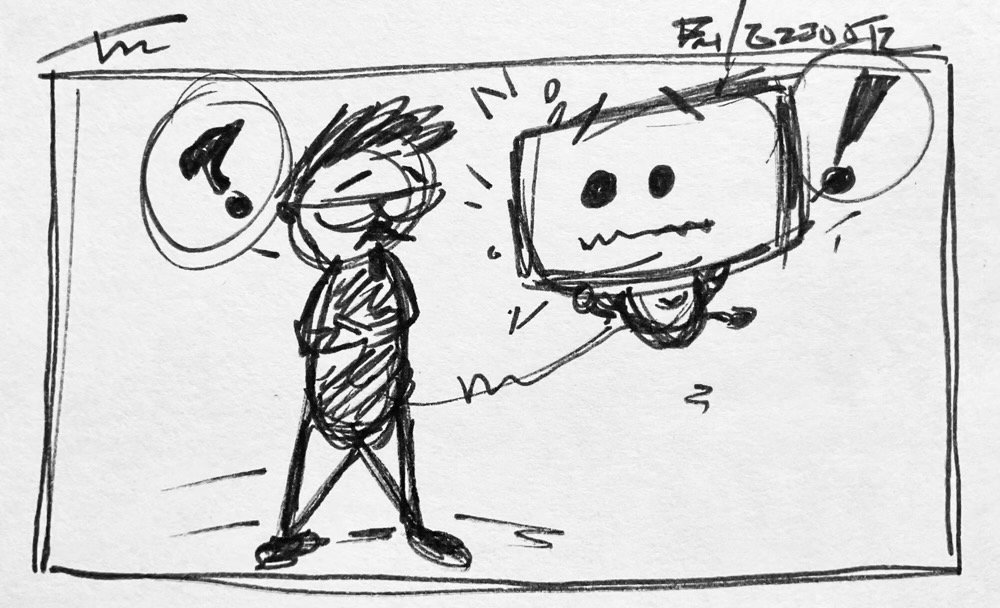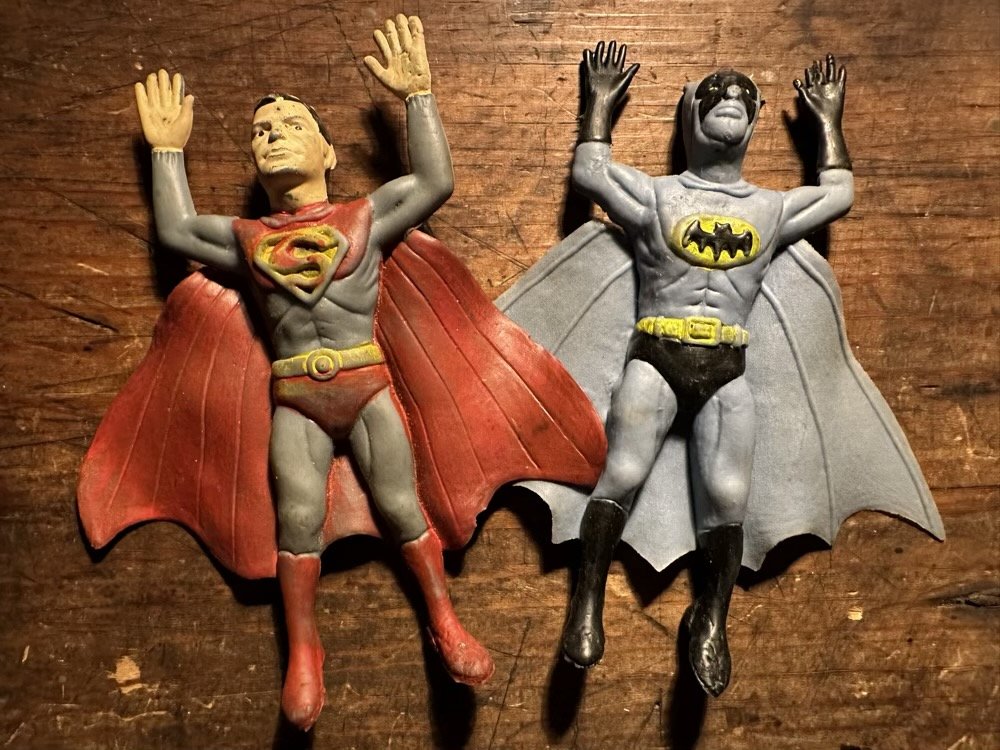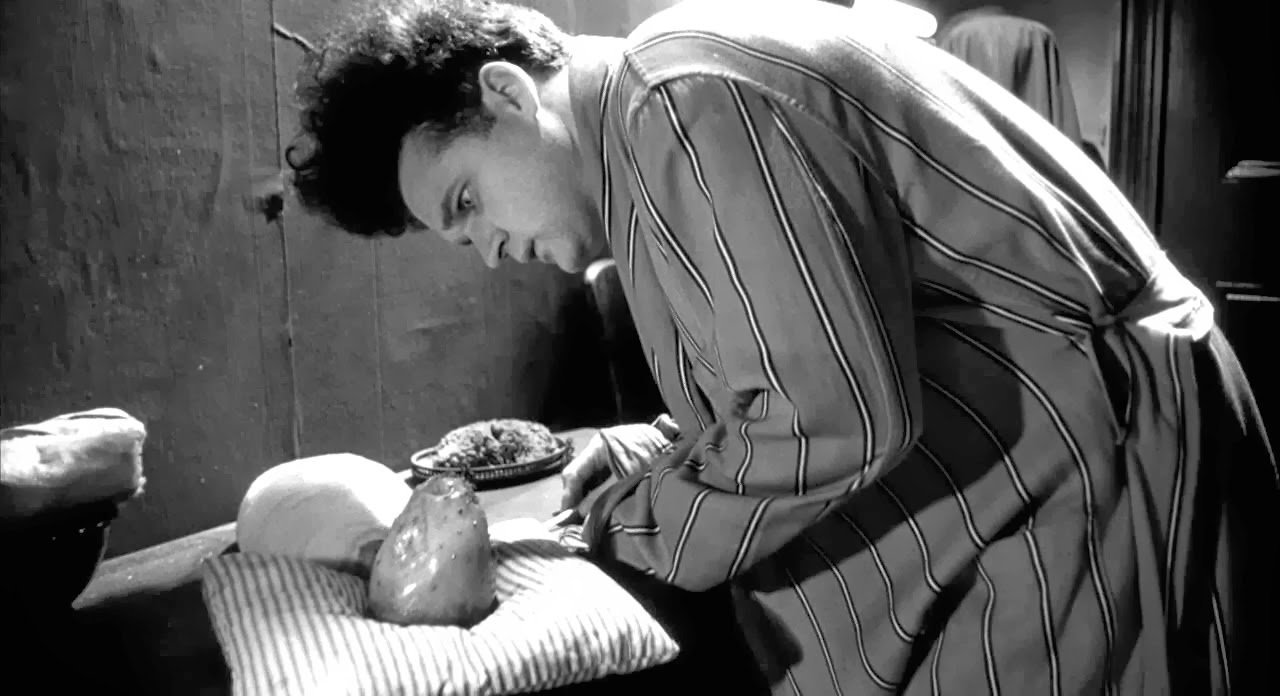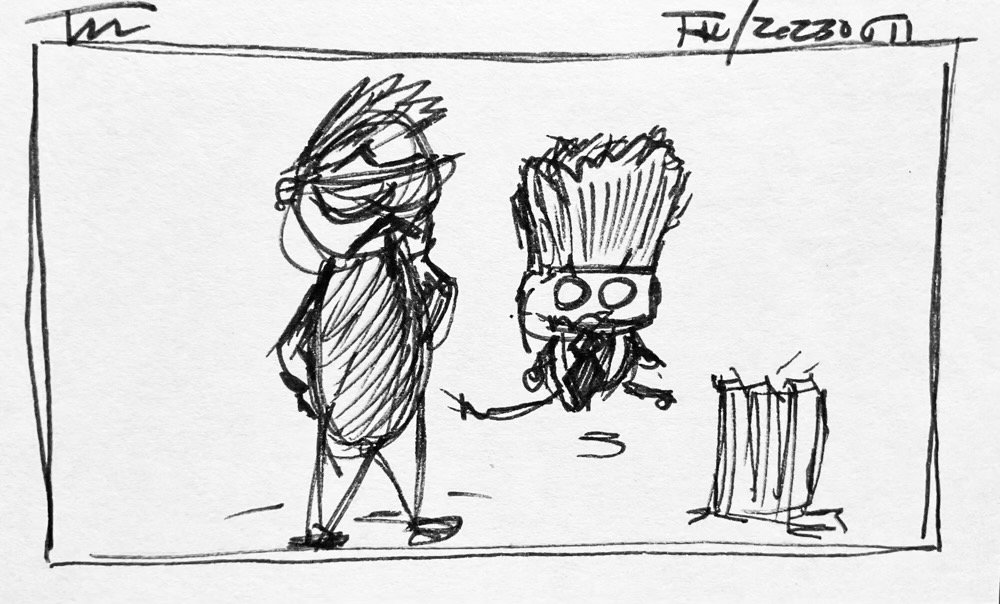A MYSTERY OF MYSTERIES: THE DEATH AND LIFE OF EDGAR ALLAN POE (Dawidziak, 2023)
Like most possessed of a knowledge of Poe and his work "learned" in high school English classes with the since-then goal to read all of him for pleasure and not for credit, I knew the mythologized textbook basics: horror, mysterious death, wore black, booze-hound, mustache. Dawidziak's work here, a compulsively-readable synthesis of all of the best knowledge of Poe – his life, his work, his death – should be considered a public service, as it systematically dismantles the assumed (horseshit) myths and legends surrounding Poe to reveal him as not only the flawed and profoundly human human that he was, but as a genius of the first degree (who also, it would seem, knew it quite well): an artist at home with and who made high art of nearly every genre he touched (metaphysics seeming to be the exception – though I want to read EUREKA, too) and, while obviously beaten down (as evinced in the string of daguerrotypes included), endured a seemingly endless string of personal and professional – he was nothing if not his own worst enemy and, according to more than one contemporary, a pain in the ass – tragedies and setbacks yet somehow emerged with a sense of hope, humor, and belief intact – until there was no more to be had.
Reproducing a passage from Dawidziak's intro here because it perfectly sums up the remarkable portrait Dawidziak creates here:
I want to believe that Poe would have had a hell of a blog.
Won't add more here, but yes, the book does postulate the most likely answer as to what caused his death at 40 though with the caveat that there's no way of truly knowing 174 years later. An essential work of biography.
My complete reading list, from 2013 to the present, lives here.
filed under: postscripts + film
Recent posts tagged Postscript + film, for your weekend viewing:
ERASERHEAD (Lynch, 1977), streaming via Criterion Channel
PREY (Trachtenberg, 2022), streaming via Hulu
IN A LONELY PLACE (Ray, 1950), streaming via Criterion Channel
THAT THING YOU DO! (Hanks, 1996), streaming via Hulu
BAY OF ANGELS (Demy, 1963), streaming via Criterion Channel
THE SHADOW UNMASKS (1937)
In addition to the completion of my ‘73-’74 O’Neil SHADOW series, this issue of the pulp magazine also arrived:
This is the one where Gibson revealed The Shadow’s true identity, and began the whole Allard / Cranston mythology. A very, VERY cool addition - the killer George Rozen cover makes it that much more so.
complete
30+ years after picking up my first issue (issue seven, with the Hunchback), I’ve realized a longtime goal: the entire run of Denny O’Neil’s 1973-74 THE SHADOW series from DC, my gateway drug to the character, is finally mine.
ERASERHEAD (Lynch, 1977)
(Written and directed by David Lynch; starring Jack Nance, Charlotte Stewart, Judith Anna Roberts, Laurel Near, Allen Joseph, Jeanne Bates, and Jack Fisk. Released 19 March 1977; watched 2023w19 via Criterion Channel )
That I'm as much of a David Lynch devotee as I am and have been for years (even when he climbs too far, as Quentin Tarantino said, up his own ass – though I did buy the 4k Criterion release of INLAND EMPIRE, which I'm nonetheless looking forward to seeing again), that I hadn't seen ERASERHEAD until now is (yet another) of my cinematic crimes in an otherwise solid record.
Hopefully subsequent viewings will let me see this marvel on its own two feet – it is, after all, Stanley Kubrick's favorite film – instead of taking it in as a reverse summation of Lynch's 40-year career but I can't deny my surprise and elation at how much of everthing – character, idea, trope, etc – Lynch has done/explored since can be traced to ERASERHEAD: The Lady in the Radiator = Lil in TWIN PEAKS: FIRE WALK WITH ME (and The Lady's plaster cheeks returning in the plaster mask of Mrs. Chalfont's grandson in FIRE); the "beautiful neighbor"= Isabella Rossellini in BLUE VELVET; Mary X's mom = Sarah Palmer; the tree in dirt and the baby (oh, that baby) became the Man From Another Place's latest incarnation in TWIN PEAKS: THE RETURN; the floor in Henry's apartment lobby (nevermind the curtains) is the floor in the Black Lodge; and nevermind that the whole film should have prepared everyone for the divine madness of TWIN PEAKS: THE RETURN's eighth episode (got a light?); and Jack Nance's Charlie Chaplin industrial channeling as Henry is revisited as his Charlie Chaplin channeling Pete Martell in the woods and environs of TWIN PEAKS (I miss Jack Nance so very, very much - should be mentioned in the same breath as Cazale, IMO; what a treasure)
Normally, if a creator was doing that, I'd say they're trying to refine and hone what they did in their earliest work: it's been said that we all do one work and everything is an attempt to make it better. Maybe that's true, but given that this is Lynch, it feels less like he's trying to improve with time and more like he's trying to return to this freedom, this time before success, when he was closer to being a painter than a filmmaker. He's called it his most spiritual film – and probably considers it his best. It was when he didn't know what he was doing and just doing - when he was most in his beginner's mind: if this is what beginner's mind brings, sign me up. Love it.
